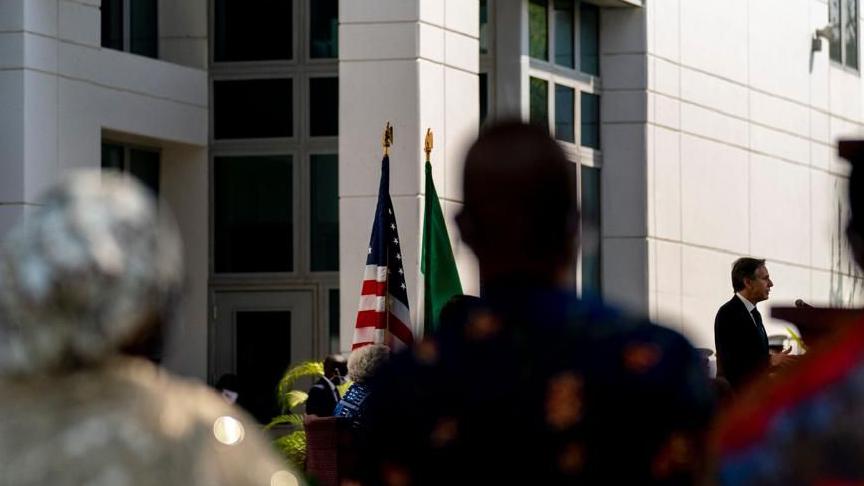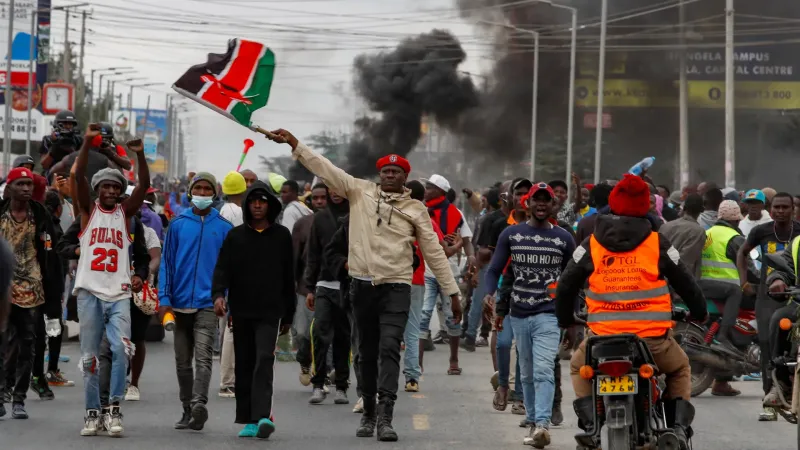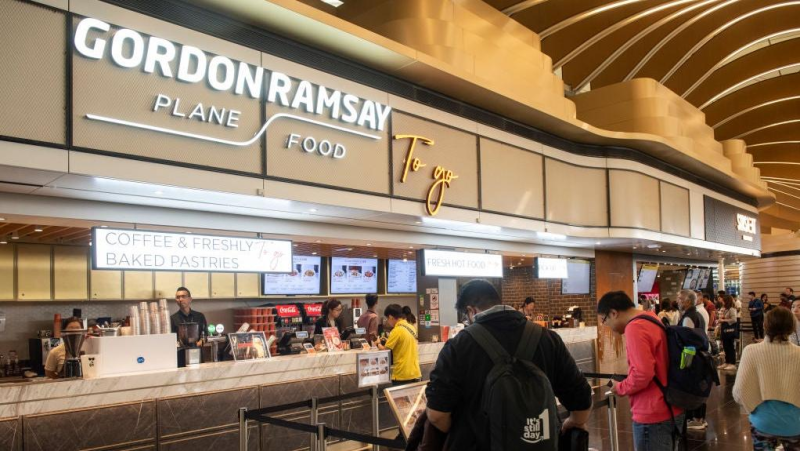There’s a quiet weight that settles in when your passport becomes more of a question mark than a document. That’s the feeling many Nigerians woke up to this week, as news broke that the United States has halted multiple-entry visas for Nigerian applicants and reduced the validity of visitor visas to just three months. It wasn’t just policy — it felt personal. For thousands of Nigerians who built long-standing routines around business, education, healthcare, and family in the U.S., the announcement didn't just alter plans — it disrupted lifelines.
Yet to view this solely as a headline about immigration law is to miss the deeper story. This is not merely about stamping passports or marking expiration dates. It is about global trust, the politics of perception, and what it means to navigate the world as a Nigerian. The U.S. government has attributed the decision to reciprocity, claiming that Nigeria does not offer American citizens similar multiple-entry privileges. But scratch the surface, and you’ll find more than just bureaucratic balance sheets. You find tension. You find history.

Read Also: Uphorial Sweatshirt

Nigeria and the United States have long had a complex diplomatic dance. There is admiration, certainly — America remains a top destination for Nigerian students, entrepreneurs, and medical tourists. But there is also unease. Visa overstays by Nigerian citizens have been a concern raised repeatedly by U.S. authorities, often used as a justification for tighter restrictions. The real sting, however, is not in policy itself, but in the implication: that the trust once extended has been pulled back. The ease with which a Nigerian could once move, plan a semester abroad, attend a wedding in Houston, or finalize a business deal in Atlanta is now shadowed by doubt. And yet, the Nigerian spirit does not crumble easily. We are a people wired for adaptation. We make plans B through Z. We find routes where others see roadblocks. But even so, this latest decision is a sharp reminder that mobility is a privilege, one not equally distributed.
Consider the Nigerian-American community. Many still maintain strong ties to their homeland, traveling back and forth to nurture businesses, family, and legacy. The three-month visa limit adds another layer of complexity to these already delicate lives. Some elders can no longer attend milestone celebrations. There are young Nigerians who must now reconsider educational timelines. Some companies must rethink cross-border collaborations. And yet the deeper heartbreak might not be in logistics, but in optics. Behind every visa restriction is a silent message about who is welcome and who must constantly prove their worth. For the young Nigerian professional — who’s always dreamed of Silicon Valley — this might feel like another wall. For the mother hoping to attend her grandchild’s birth in Maryland, it’s a fresh ache. And for the artist invited to a U.S. residency, it could mean an opportunity lost.
Still, there’s power in reflection. The question this situation quietly asks of Nigeria is this: How do we build a nation where the need to seek elsewhere is no longer a necessity, but a choice? This isn’t just about visas. It’s about dignity. About global equity. About rewriting the narrative that sees African passports as weak or suspect. There is work to be done — in diplomacy, yes, but also in governance, in perception, and in strengthening Nigeria’s systems. As we reckon with this shift, perhaps it's also a moment to reinvest in ourselves. To create more reasons for our brightest minds to stay — or at least, not feel like they’re begging to leave. The U.S. may have shortened the window. But the Nigerian story? It’s still being written. And it stretches far beyond any three-month timeline.



